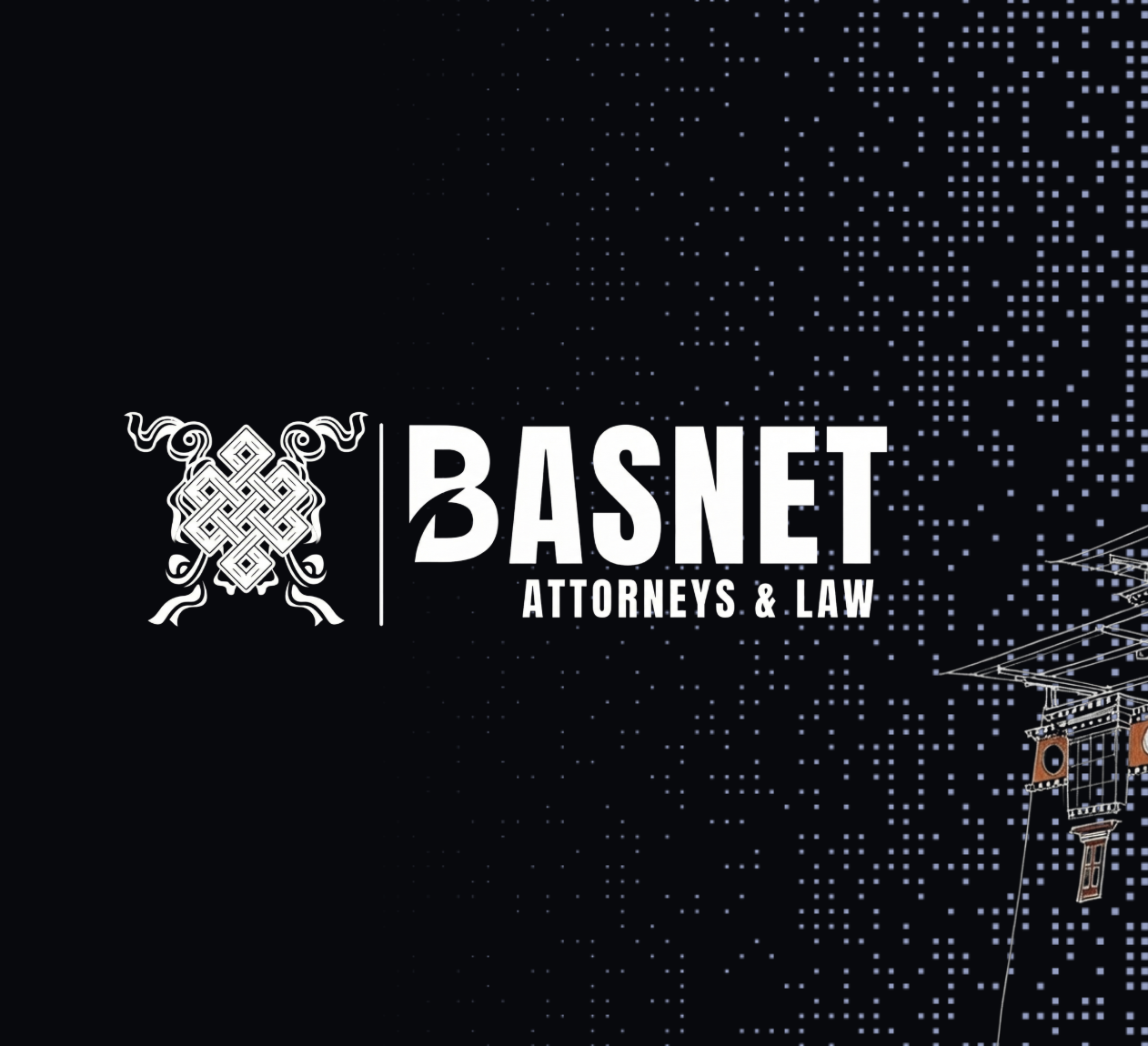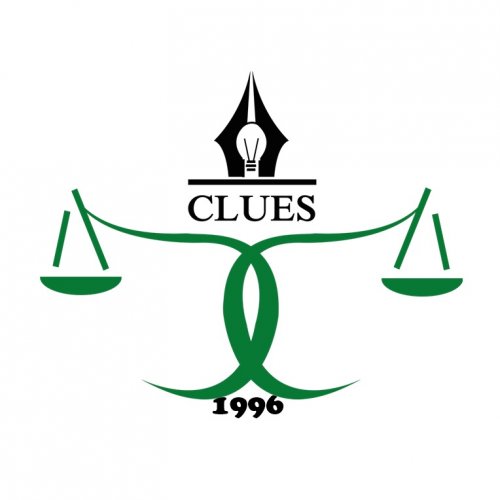Best FDA Law Lawyers in Bhutan
Share your needs with us, get contacted by law firms.
Free. Takes 2 min.
Or refine your search by selecting a city:
List of the best lawyers in Bhutan

Basnet Attorneys and Law - A Premier law Firm in Bhutan
15 minutes Free ConsultationAbout FDA Law in Bhutan
In Bhutan, FDA Law refers to the legal framework that governs the regulation, safety, and quality of food and drugs within the country. The Food and Drug Authority of Bhutan, established under the Bhutan Medicines Act 2003 and further guided by the Food Act of Bhutan 2005, is the principal regulatory body overseeing these matters. The objectives of FDA Law in Bhutan are to protect public health by ensuring the safe production, distribution, and consumption of food products and pharmaceutical substances. This body enforces standards, licensing, inspection, and monitoring across the supply chain.
Why You May Need a Lawyer
There are several situations where individuals or businesses may require legal assistance regarding FDA Law in Bhutan. These include:
- Obtaining, renewing, or defending licenses for the manufacture or sale of food and drugs
- Responding to regulatory inspections or investigations by the Bhutan Food and Drug Authority
- Navigating import and export requirements for food, pharmaceuticals, or health supplements
- Responding to alleged violations such as selling contaminated or misbranded products
- Challenging administrative or enforcement actions, including product recalls or facility closures
- Assistance with documentation and compliance for new product registration or approval
- Legal challenges related to advertising, labeling, and health claims on products
- Representation in disputes with regulatory authorities or other businesses
Local Laws Overview
Key aspects of local laws relevant to FDA Law in Bhutan include:
- Bhutan Medicines Act 2003: This Act lays the foundation for regulating medicinal products, pharmacies, and pharmaceutical practices. It establishes licensing requirements, standards for the import, manufacture, and distribution of medicines, and penalties for non-compliance.
- Food Act of Bhutan 2005: This Act sets out standards for food safety, inspection protocols, and prohibited practices such as adulteration and mislabeling. It assigns the authority to inspect food premises and enforce compliance.
- Import and Export Controls: Both acts provide guidelines and restrictions on the import and export of food and drug products, which often include registration, documentation, and customs clearance requirements.
- Product Registration and Surveillance: All food products and medicines must be registered with the relevant authorities, including evaluations for safety and efficacy. Post-market surveillance ensures ongoing compliance.
- Enforcement and Penalties: Violations of these laws can result in administrative fines, closure of businesses, seizure or destruction of products, and in serious cases, criminal prosecution.
Frequently Asked Questions
What is the Food and Drug Authority of Bhutan?
The Food and Drug Authority of Bhutan is the national regulatory body responsible for enforcing the laws related to the safety, efficacy, and quality of food, medicines, and health supplements in Bhutan.
Do I need a license to sell food or drugs in Bhutan?
Yes, you must obtain the appropriate license from the Food and Drug Authority of Bhutan before you can legally manufacture, sell, import, or distribute food products and pharmaceuticals.
How does the government regulate imported food and drugs?
All imported food and drug products require registration and approval from the relevant regulatory authorities. Inspections and documentation checks are part of the clearance process at the border.
What are the penalties for violating FDA laws in Bhutan?
Penalties may range from administrative fines and product recalls to the suspension of business licenses or, in severe cases, criminal prosecution and imprisonment.
Can my business be inspected without advance notice?
Yes, regulatory authorities have the right to conduct routine or unannounced inspections of facilities to ensure compliance with food and drug safety standards.
What should I do if my product is suspected of causing harm?
Immediately report the situation to the Food and Drug Authority and cooperate fully with any investigation. You may also be required to initiate a product recall.
Are traditional medicines regulated under FDA Law?
Yes, traditional medicines are subject to regulation to ensure safety and quality, though they may also fall under specific rules relating to traditional practices.
How can I appeal an enforcement action or fine?
You may file an appeal or request a review of any enforcement action through the procedures provided by the Food and Drug Authority. Legal representation can help ensure your rights are protected during the process.
What labeling requirements exist for food and drugs?
Labels must provide accurate information about the product, including ingredients, expiry dates, manufacturer details, and any health warnings as required by law.
Who can provide legal advice on FDA matters in Bhutan?
Qualified legal professionals familiar with food and drug laws in Bhutan, as well as certain consultants and regulatory affairs specialists, can assist with compliance and legal challenges.
Additional Resources
For more information and assistance related to FDA Law in Bhutan, consider contacting the following:
- Food and Drug Authority of Bhutan - responsible for regulatory oversight and guidance
- Ministry of Health - provides public health information and policy guidelines
- Bhutan Chamber of Commerce and Industry - assists businesses with regulatory compliance
- Local bar associations and legal aid organizations - may offer referrals to qualified FDA Law professionals
Next Steps
If you believe you require legal assistance regarding FDA Law in Bhutan, consider the following steps:
- Identify the specific issue or compliance matter you are facing
- Gather all relevant documents such as licenses, inspection notices, and correspondence
- Contact a legal professional or regulatory consultant experienced in FDA Law
- Arrange for a detailed consultation to discuss your rights, obligations, and possible courses of action
- Follow up with the regulatory authorities as needed, potentially with legal representation to protect your interests
Taking these steps proactively can help ensure you remain in compliance with Bhutan's food and drug laws and avoid unnecessary legal complications.
Lawzana helps you find the best lawyers and law firms in Bhutan through a curated and pre-screened list of qualified legal professionals. Our platform offers rankings and detailed profiles of attorneys and law firms, allowing you to compare based on practice areas, including FDA Law, experience, and client feedback.
Each profile includes a description of the firm's areas of practice, client reviews, team members and partners, year of establishment, spoken languages, office locations, contact information, social media presence, and any published articles or resources. Most firms on our platform speak English and are experienced in both local and international legal matters.
Get a quote from top-rated law firms in Bhutan — quickly, securely, and without unnecessary hassle.
Disclaimer:
The information provided on this page is for general informational purposes only and does not constitute legal advice. While we strive to ensure the accuracy and relevance of the content, legal information may change over time, and interpretations of the law can vary. You should always consult with a qualified legal professional for advice specific to your situation.
We disclaim all liability for actions taken or not taken based on the content of this page. If you believe any information is incorrect or outdated, please contact us, and we will review and update it where appropriate.
Browse fda law law firms by city in Bhutan
Refine your search by selecting a city.










